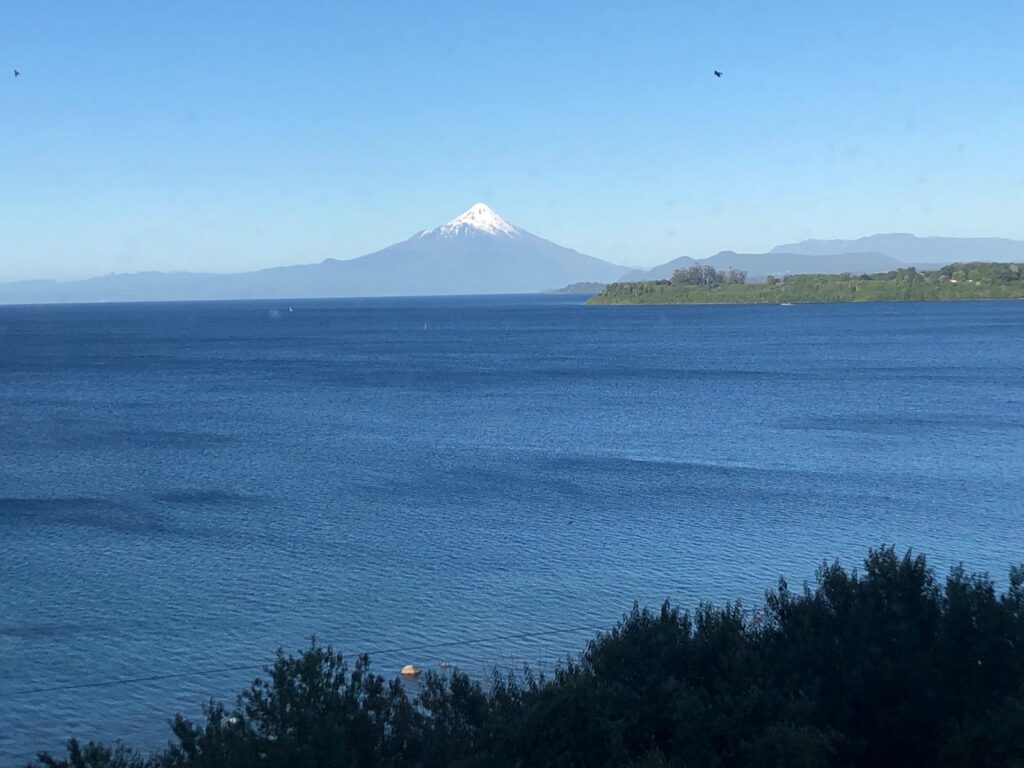“At the highest level of self-leadership, all the different aspects of our inner self feel loved, cared for and empowered by the conscious self”

Dear Integral Meditators,
This week’s article looks at three levels of mindful self-leadership. It gives some pointers as to what they are, how to spot them in your own self-leadership style, & make progress toward becoming the ‘invisible, or effortless inner leader’.
This week’s Tues & Weds evening class will be on this subject, you are welcome to join us, live or online.
Finally, for those interested in developing inner resilience, on Saturday 9th March I’ll be doing my Mindful Resilience – Practices for sustaining effectiveness, happiness & clarity under pressure workshop.
In the spirit of self-leadership,
Toby
Invisible, or effortless self-leadership
For several years now I’ve been using chapter 17 from the Tao Te Ching as part of my ‘Mindful leadership & self-leadership programs. What I want to do in this article is to look at it from the point of view of self-leadership, breaking it down into three stages. I may look at the leading others aspect of the chapter in a later article.
Here is the original text:
Tao Te Ching – Chapter 17 (Steven Mitchell translation)
When the Master governs, the people
are hardly aware that he exists.
Next best is a leader who is loved.
Next, one who is feared.
The worst is one who is despised.
If you don’t trust the people,
you make them untrustworthy.
The Master doesn’t talk, he acts.
When his work is done,
the people say, “Amazing:
we did it, all by ourselves!”
Level 1 – The invisible leader:
‘When the Master governs, the people
are hardly aware that he exists’.
At the highest level of self-leadership, all the different aspects of our inner self feel loved, cared for and empowered by the conscious self. Each of them knows their place in the scheme of the different levels of self (personality, soul, spirit) and time has been developed helping them to feel confident regarding their capability in their role. As a result, the conscious self does not have to do too much to lead. A person who has reached this level of inner growth experiences the ups, downs, and challenges of life more as an even minded flow, that he or she is able to adapt and work with without too much effortfulness. Of course, there is some degree of willpower involved in what they do, but it is deployed discreetly and gently, rather than being the main ‘motor’ with which we power ourself through life.
Level 2 – The monarch:
‘Next best is a leader who is loved.’
I sometimes think of this level of leadership as being like a monarch, king or queen. If we are at this level, we spend a lot of time and effort actively motivating ourself in a benevolent manner, learning to inspire the parts of ourself that lack confidence, heal the parts of us that are wounded, and go beyond the limits of our current self-concept. This style of self-leadership is pro-active. The conscious-self must demonstrate to the different parts of our inner self (or our sub-personalities) that it is trustworthy, so that they can get behind it and push forward as a team. At this stage our inner selves need active guidance, they need to feel nurtured and safe, they need a degree of ‘positive self-talk’. At this second level of leadership, life is quite effortful, but because the dominant energy of inner leadership is appropriate self-love and care, the journey is felt and experienced as one that is going to good places and positive directions.
Level 3 – The dictator
‘Next, one who is feared.
The worst is one who is despised.’
I’m putting the last two levels of self-leadership as one, which is essentially leading ourself as a despot or dictator! Here the primary energy within self is self-loathing or hatred. There is a general sense of inadequacy, not being enough, a lack of self-respect. The only way we can motivate ourself to get things done and move forward in our life is through fear and/or agression:
- ‘If you don’t get this degree people will think you are stupid’
- ‘Work out because if your fat you won’t be accepted by others’
- ‘Do what I say or I’ll be criticising you inwardly for the next week!’
The experience of leading oneself like a dictator is that life is very effortful, anxious and progress is a rather tortuous and exhausting process.
Most people’s self-leadership process is kind of a mixture of stages two and three. Identifying stage three as a possibility, and practicing it can accelerate the rate at which we grow and integrate it into our lives. This offers the possibility for an easier journey, with progress that seems to happen naturally, by itself even. Our personal path evolves like the final verse of the chapter, with a few of my words in brackets:
“If you don’t trust the people (the different inner parts of yourself),
you make them untrustworthy.
The Master doesn’t talk, he acts (the conscious-self leads by example).
When his work is done,
the people (the different parts of our inner self) say, “Amazing:
we did it, all by ourselves!”
Related article: Becoming a Self-determining entity – Five stages to mindful self-leadership
Article & content © Toby Ouvry 2024, you are welcome to use or share this article, but please cite Toby as the source and include reference to his website www.tobyouvry.com
Follow Toby on: LinkedIn, YouTube, Instagram
Integral Meditation Asia
Online Courses * 1:1 Coaching * Books * Live Workshops * Corporate Mindfulness Training *Life-Coaching * Meditation Technology








